![]()
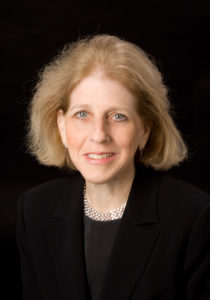 When the Association of Fundraising Professionals (AFP) Greater Atlanta Chapter hosts its 39th annual National Philanthropy Day event on November 4, 2021, Jewish Atlanta can take justifiable pride that Cherie Aviv will be honored as Volunteer Fundraiser of the Year.
When the Association of Fundraising Professionals (AFP) Greater Atlanta Chapter hosts its 39th annual National Philanthropy Day event on November 4, 2021, Jewish Atlanta can take justifiable pride that Cherie Aviv will be honored as Volunteer Fundraiser of the Year.
Cherie Aviv is a fiercely dedicated and effective fundraiser with a longtime interest in the arts, and a deep passion for social services in the Jewish community, older adults, clients with disabilities, and meeting the needs of our region’s Holocaust survivors. Her fundraising efforts and remarkable collaborative initiatives have raised more than $10 million to date to benefit people across the greater Atlanta community and beyond.
In 2016, after assessing the needs of Atlanta’s Holocaust survivors, Cherie spearheaded the partnership between Jewish Family & Career Services (JF&CS), Jewish HomeLife, Marcus Jewish Community Center of Atlanta (MJCCA), The Breman Museum, Eternal Life-Hemshech, and Jewish Federation of Greater Atlanta that created the Holocaust Survivors Support Fund (HSSF). Through Cherie’s efforts, the fund has raised just under $3 million, engaged more than 600 donors, and had a transformational impact on the lives of more than 135 Holocaust survivors annually.
On behalf of Federation, Karen Botnick Paz nominated Aviv for the AFP award. In her nomination, Karen paints a rich picture of Cherie’s busy life. “It’s 5:30 a.m. and Cherie Aviv is quietly reading before she takes a morning run. Juggling up to four books at a time keeps her mind engaged, while running allows time for thinking. These hobbies provide a healthy balance to her full-time volunteer schedule which runs the gamut from fundraising, creating special moments, outreach, and hands-on activities.
Cherie applies this same discipline and determination to everything she undertakes. Terri Bonoff, CEO JF&CS said, “Cherie’s approach is to respond to community needs with urgency and innovation. This was evident with the 2014 JF&CS Capital Campaign to Complete the Campus where the campaign raised $6.6 million, exceeding the goal by $1.5 million. Cherie co-chaired with John Perlman and made the matching lead gift.
Miriam Friedman, an MJCCA professional shared, “Cherie co-led a team of 15+ volunteer and staff solicitors and helped to construct the campaign framework from marketing materials to campaign structure and reporting, to board solicitations and grant writing. Cherie’s project management savvy kept the team on track and motivated, exceeding the campaign goal by over $1.5 million.”
Mark Silberman, past Board Chair of Federation said, “Cherie has no peer when it comes to fundraising. Absolutely the best I have seen.”
While serving as Vice President of Development at Jewish HomeLife, Cherie increased their annual campaign by 25%. From 2014-2016, as Co-Chair of Jewish Family & Career Services Capital Campaign, she helped secure $6.6 million. In 2018, she and her husband Gary chaired a record-setting Community of Caring luncheon, which raised $500,000.
Cherie is not only generous with her time and expertise, she is personally generous, though her giving is often anonymous. Supporting letters for the AFP award provide story after story of her dedication and generosity and her engaging collaborative style.
Tammi Parker, a friend, and volunteer observes, “Cherie is the ultimate player/coach. She creates the experience for the volunteer, makes it look easy and doable, and fills in any gaps that the volunteer is not able to cover.” Terri Bonoff added, “On one occasion, I joined 20 volunteers to make rugelach to give to survivors, caregivers, or clients with disabilities. These volunteer baking events are quite inspiring and there are waiting lists to join.”
One thing is for certain, what Cherie has done for the Atlanta community and beyond is priceless. Her impact is everywhere. JF&CS can provide comprehensive support services for any senior in the Atlanta community through Aviv Older Adult Services. Jewish HomeLife is well known throughout Atlanta for its high quality of care at Aviv Rehabilitation Center. Thousands of older adults are cheered by birthday cards through Aviv Celebrations. Cancer patients feel the warmth through fleece blankets while going through chemotherapy delivered through her efforts. She has shared that she has more new projects in the works.
Thank you, Cherie, for the abundance of wisdom, persistence, and chesed you bring to philanthropy. You have lifted countless lives!
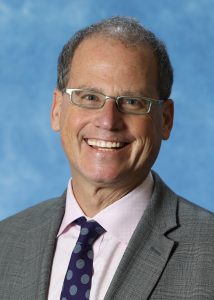
 It’s a privilege to volunteer on the 2022 Community Campaign, to serve with Debbie Kuniansky, Chair, and a team of hundreds of volunteers and professionals. My reasons for volunteering bring to mind a story from my years as a camper at Camp Barney Medintz in the foothills of the Appalachian Trail in North Georgia. I attended a campout with my cabinmates and counselor. After dinner, we pitched our tents and went to sleep. After sleeping for some time, I suddenly woke my counselor up and asked, “What do you see?”
It’s a privilege to volunteer on the 2022 Community Campaign, to serve with Debbie Kuniansky, Chair, and a team of hundreds of volunteers and professionals. My reasons for volunteering bring to mind a story from my years as a camper at Camp Barney Medintz in the foothills of the Appalachian Trail in North Georgia. I attended a campout with my cabinmates and counselor. After dinner, we pitched our tents and went to sleep. After sleeping for some time, I suddenly woke my counselor up and asked, “What do you see?”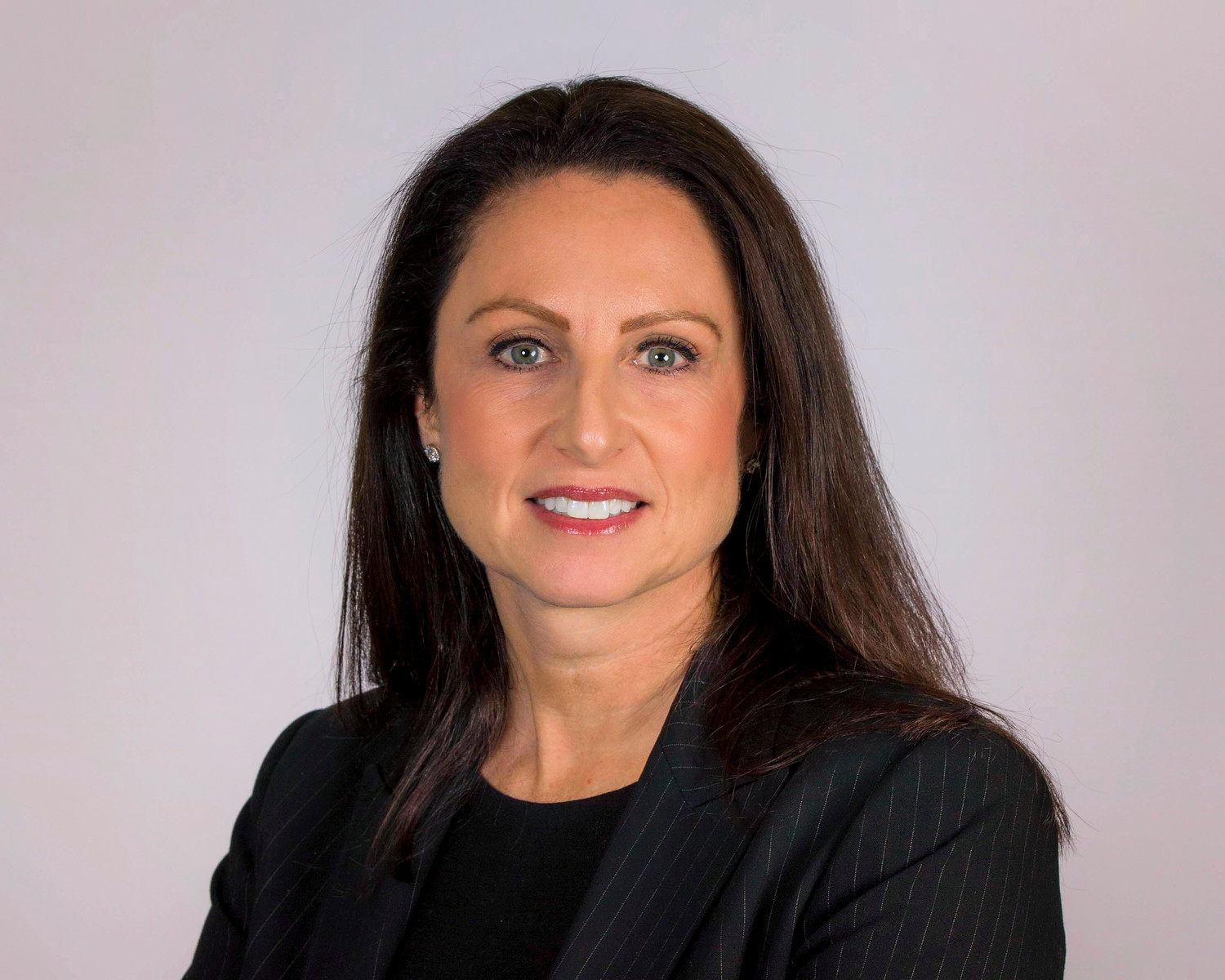

 I am constantly amazed by the good Federation does. Last year between the Campaign, the Atlanta Jewish Foundation, and other giving programs, we helped infuse roughly $53 million into the community. Many of our efforts are high-visibility programs that people can see and participate in. But much of our work is indirect, from providing community-wide security to supporting innovation and community planning with our partner agencies. That is why to me, Federation reminds me of the BASF commercials from the ‘80s and ‘90s: We don’t make a lot of the products you buy or use, we make them better.
I am constantly amazed by the good Federation does. Last year between the Campaign, the Atlanta Jewish Foundation, and other giving programs, we helped infuse roughly $53 million into the community. Many of our efforts are high-visibility programs that people can see and participate in. But much of our work is indirect, from providing community-wide security to supporting innovation and community planning with our partner agencies. That is why to me, Federation reminds me of the BASF commercials from the ‘80s and ‘90s: We don’t make a lot of the products you buy or use, we make them better.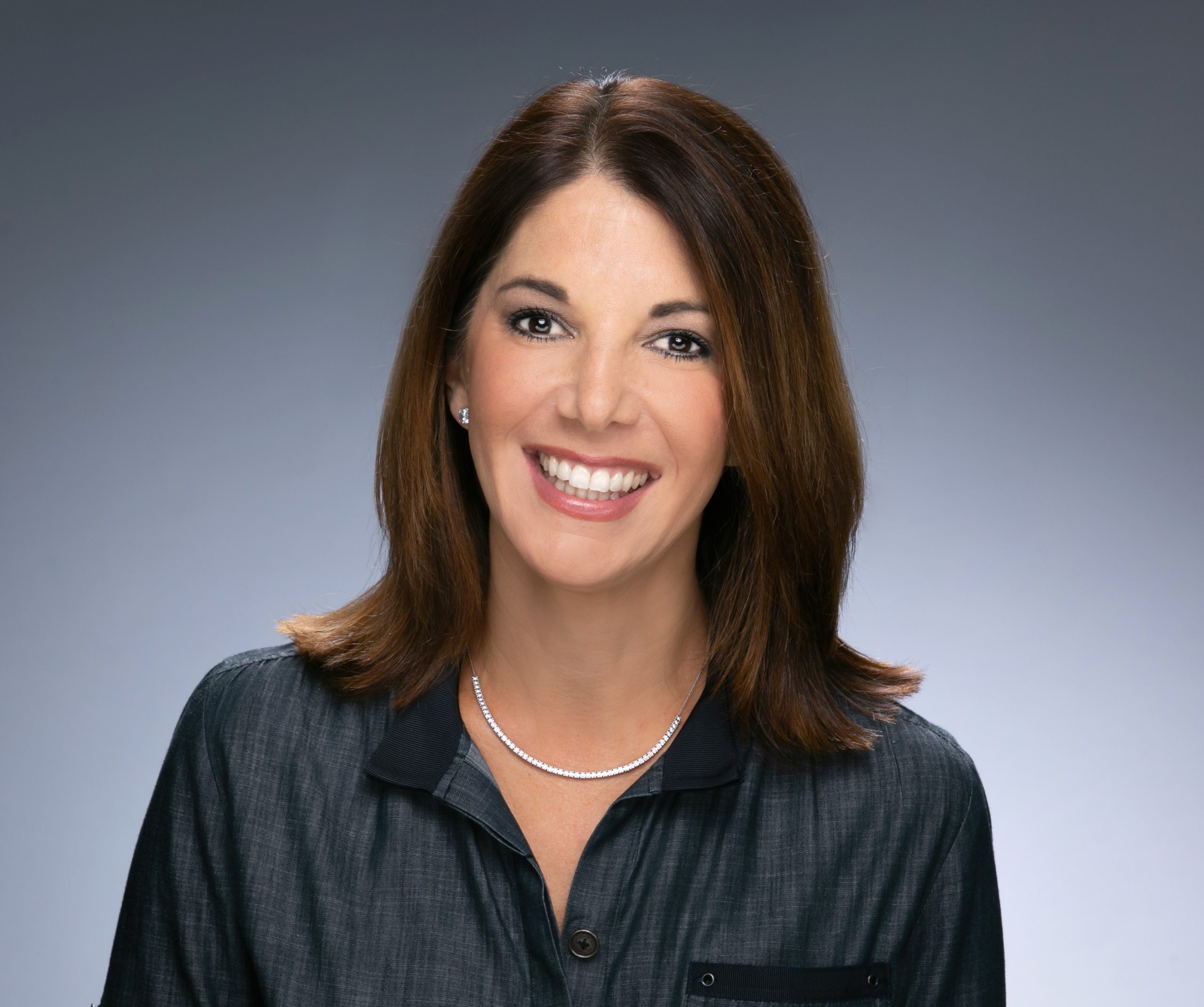

 Federation is excited to announce that Jimi Horne is our new Deputy Community Security Director. Jimi will work alongside Community Security Director Neil Rabinovitz, rounding out an exceptionally strong team working every day to protect our community of more than 125,000 people. He joins us from the Charleston Jewish Federation where he served as the community’s Security and Emergency Management Consultant. Jimi is a Charleston native, with 25 years of paramedic experience, 28 years reserve military experience, and eight years combined law enforcement and security experience.
Federation is excited to announce that Jimi Horne is our new Deputy Community Security Director. Jimi will work alongside Community Security Director Neil Rabinovitz, rounding out an exceptionally strong team working every day to protect our community of more than 125,000 people. He joins us from the Charleston Jewish Federation where he served as the community’s Security and Emergency Management Consultant. Jimi is a Charleston native, with 25 years of paramedic experience, 28 years reserve military experience, and eight years combined law enforcement and security experience. 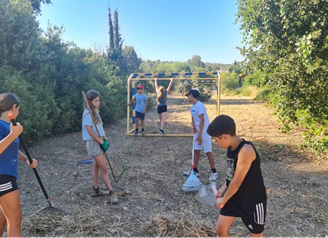
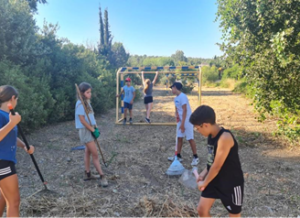 Inspired and influenced by years of financial support from the Atlanta and St. Louis Federations, Yokneam and Megiddo are taking bold steps to create their own fundraising infrastructure.
Inspired and influenced by years of financial support from the Atlanta and St. Louis Federations, Yokneam and Megiddo are taking bold steps to create their own fundraising infrastructure. 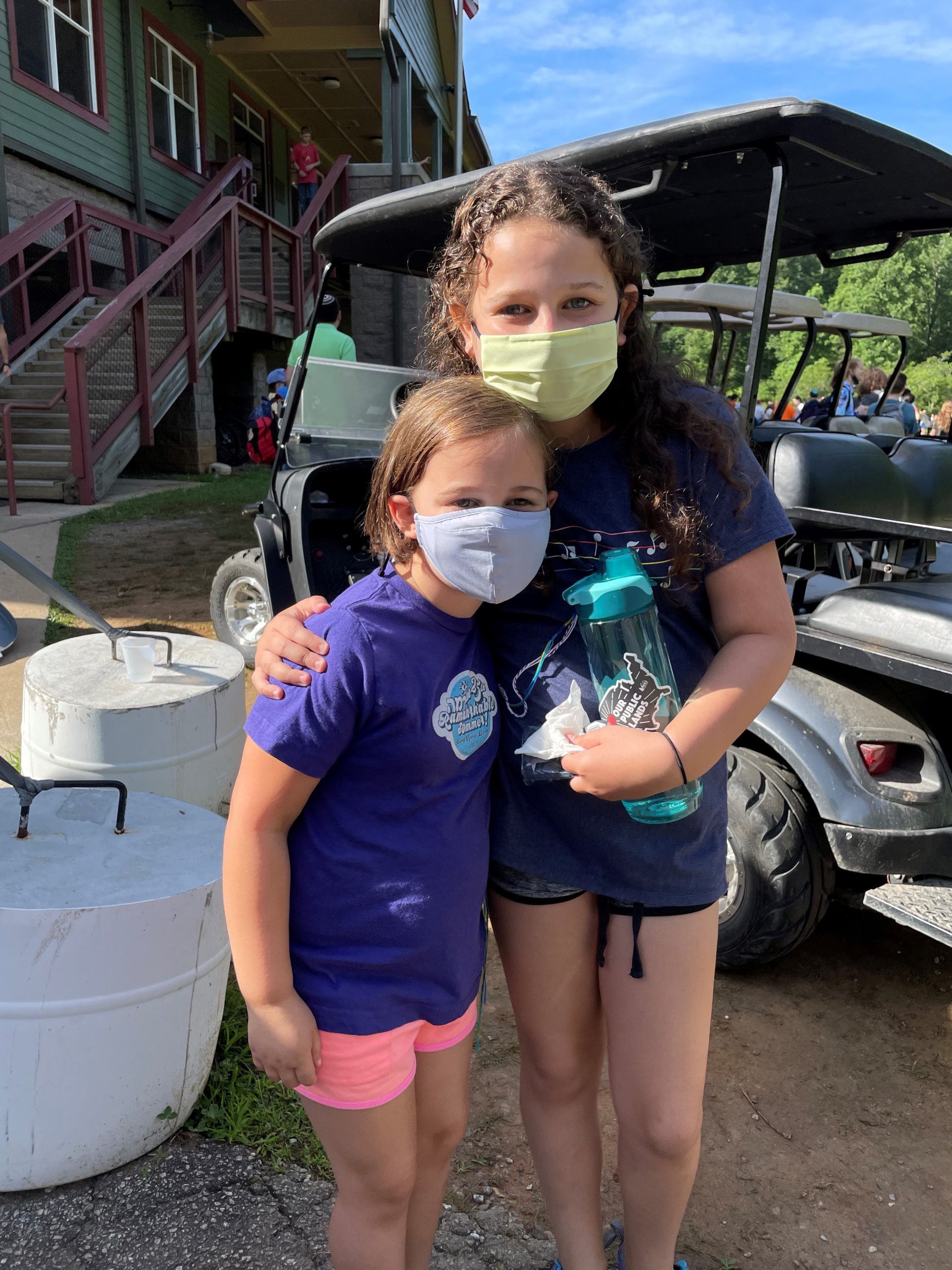
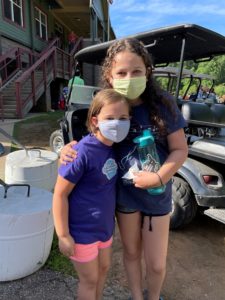 With assistance from One Happy Camper incentive grants and Federation’s Jewish Camp Initiative scholarships, four out of five members of the Einhorn family, including Dad Ronnie, went to Ramah Darom this summer and had a blast. Cela was the family’s returning camper. The other Einhorn kids, Sam and Goldie, didn’t really know what to expect, but all had a sense that it would be a unique, shared family experience. It was!
With assistance from One Happy Camper incentive grants and Federation’s Jewish Camp Initiative scholarships, four out of five members of the Einhorn family, including Dad Ronnie, went to Ramah Darom this summer and had a blast. Cela was the family’s returning camper. The other Einhorn kids, Sam and Goldie, didn’t really know what to expect, but all had a sense that it would be a unique, shared family experience. It was! 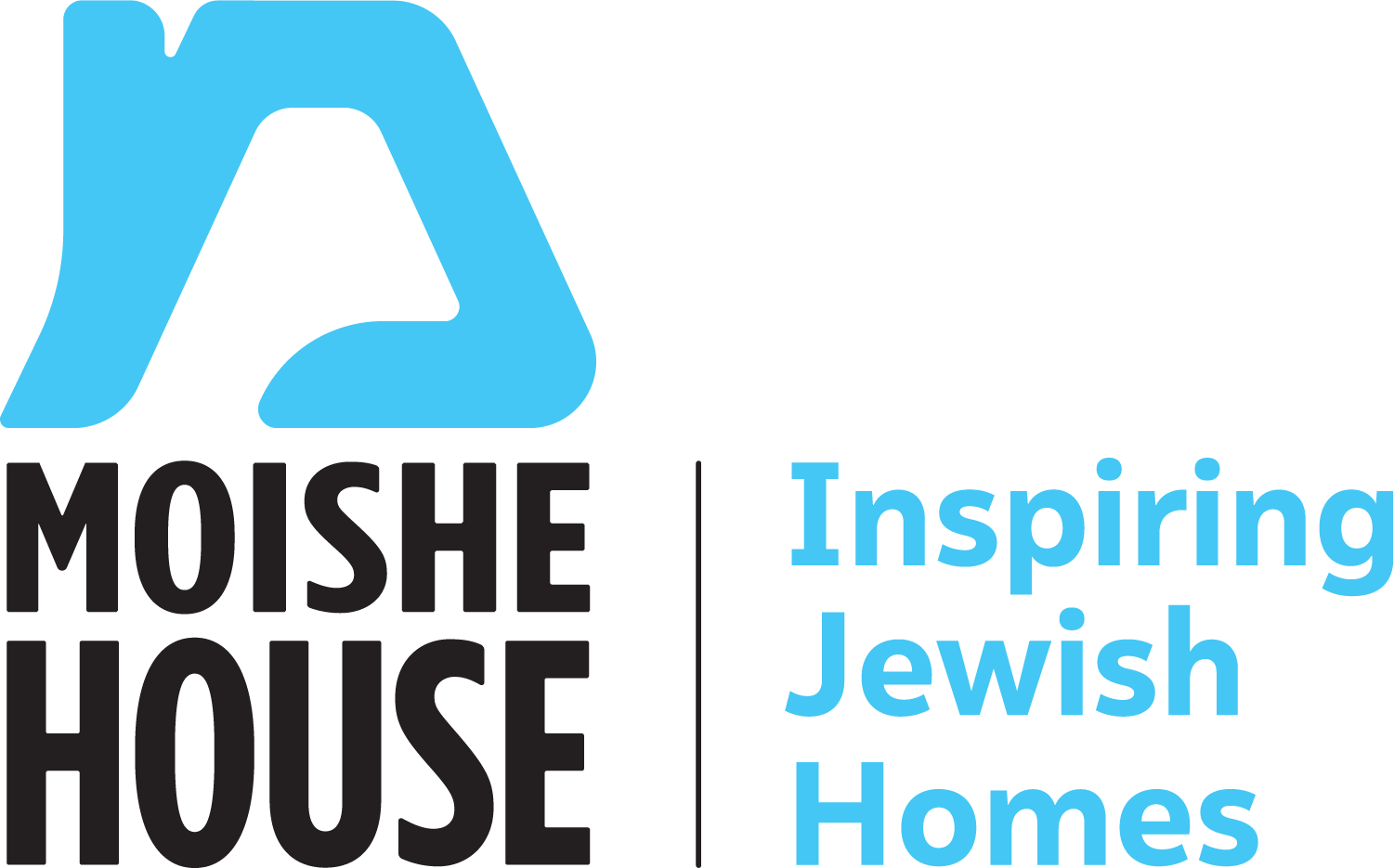
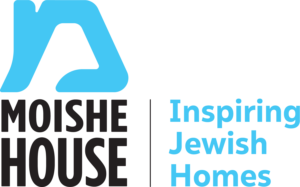 We’ve shared stories in Fed5 about Atlanta’s four Moishe Houses
We’ve shared stories in Fed5 about Atlanta’s four Moishe Houses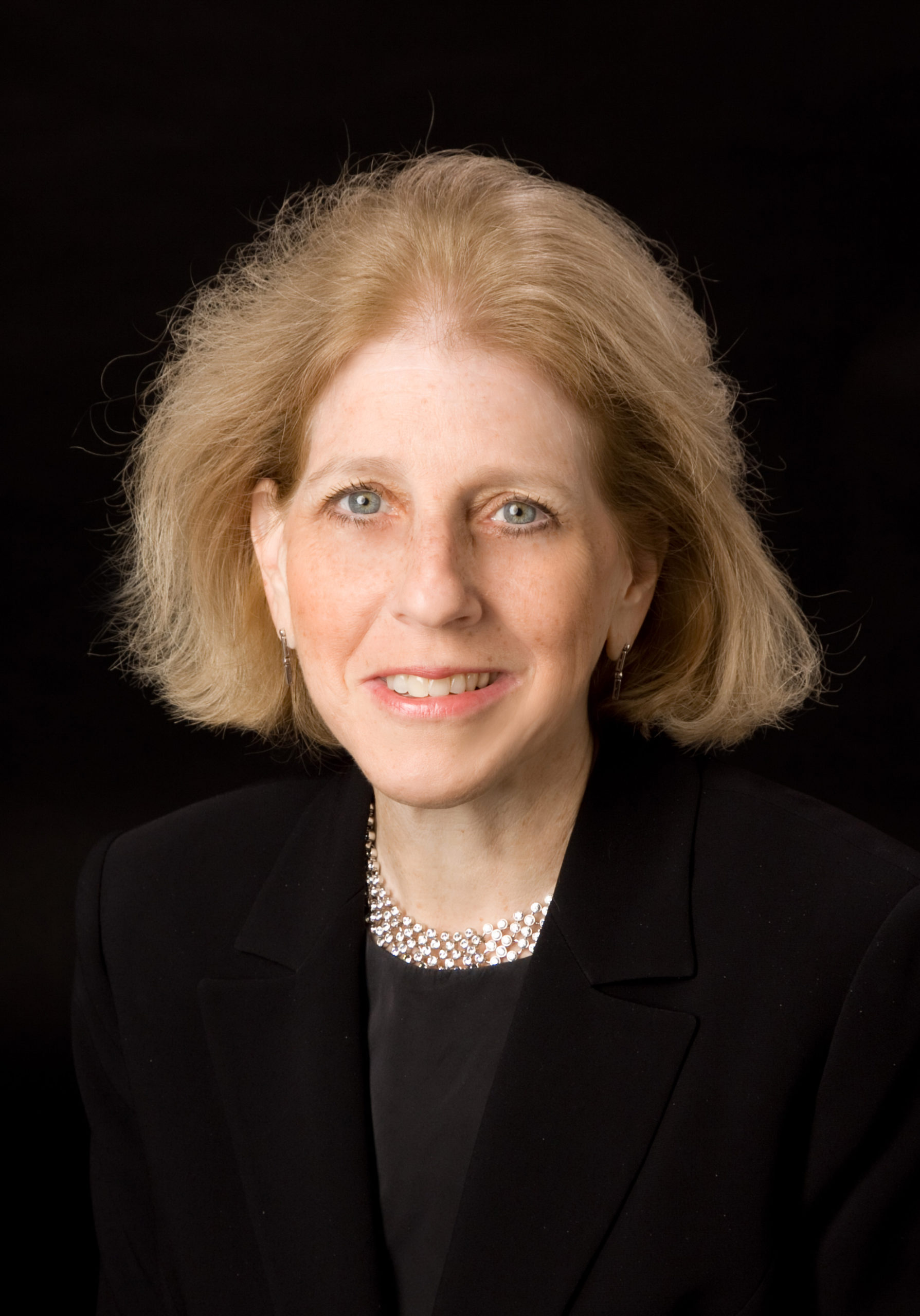
 When the Association of Fundraising Professionals (AFP) Greater Atlanta Chapter hosts its 39th annual National Philanthropy Day event on November 4, 2021, Jewish Atlanta can take justifiable pride that Cherie Aviv will be honored as Volunteer Fundraiser of the Year.
When the Association of Fundraising Professionals (AFP) Greater Atlanta Chapter hosts its 39th annual National Philanthropy Day event on November 4, 2021, Jewish Atlanta can take justifiable pride that Cherie Aviv will be honored as Volunteer Fundraiser of the Year.

